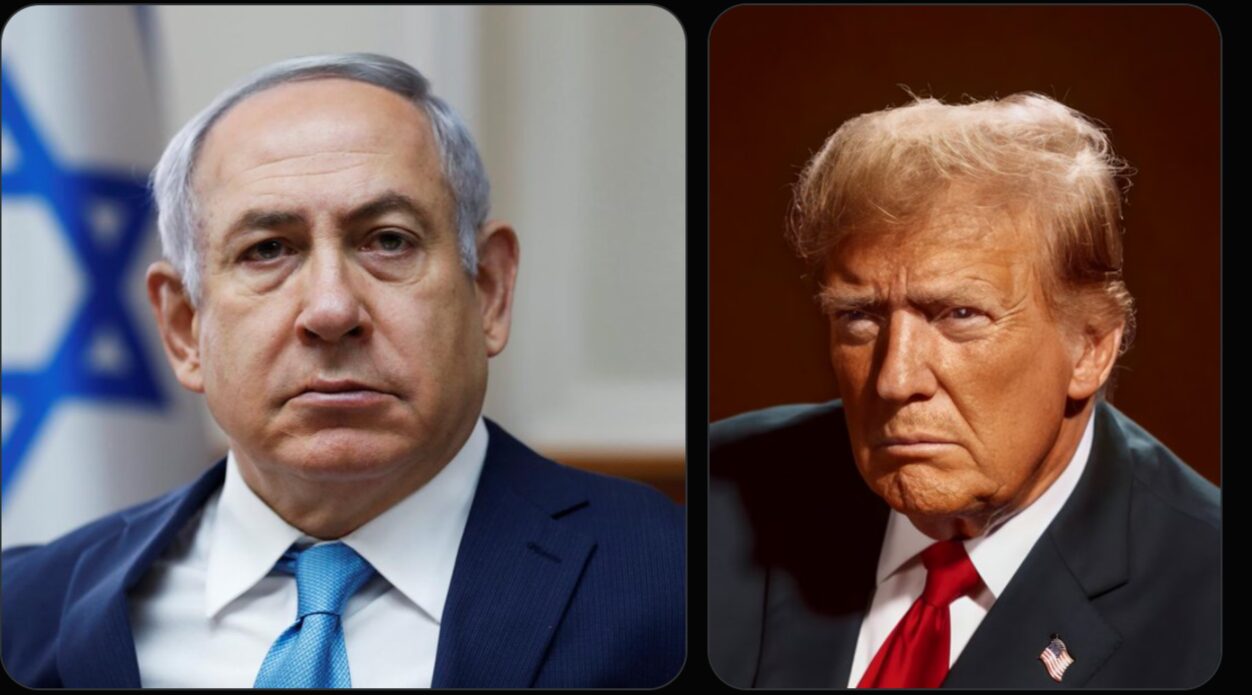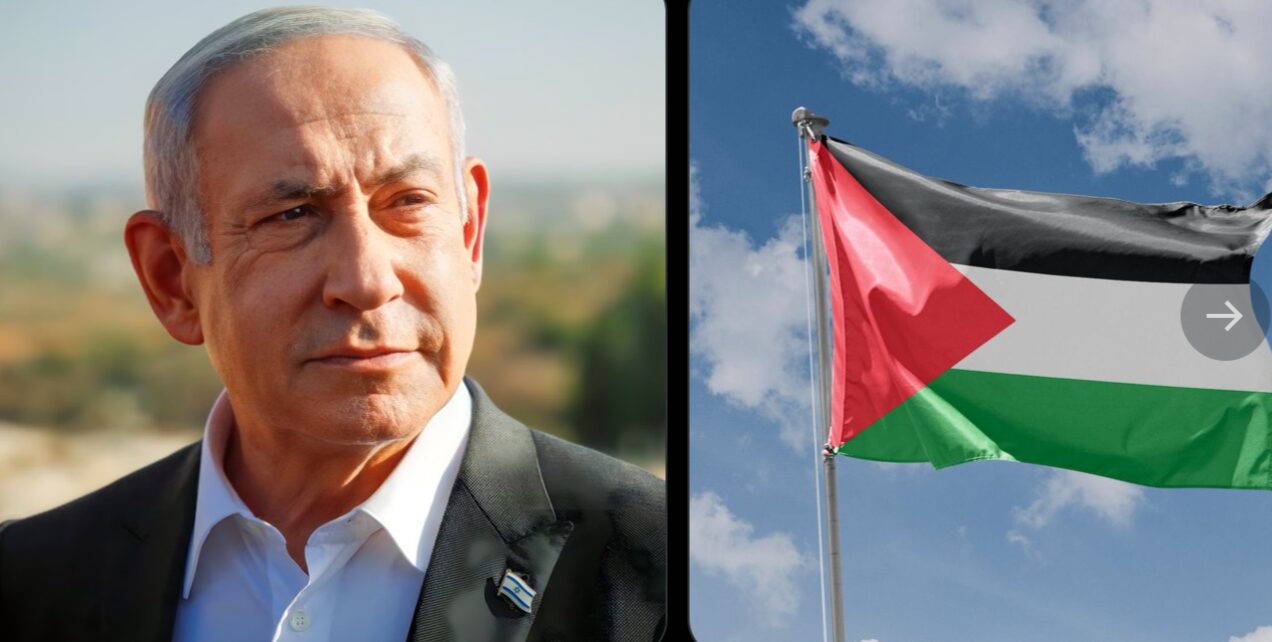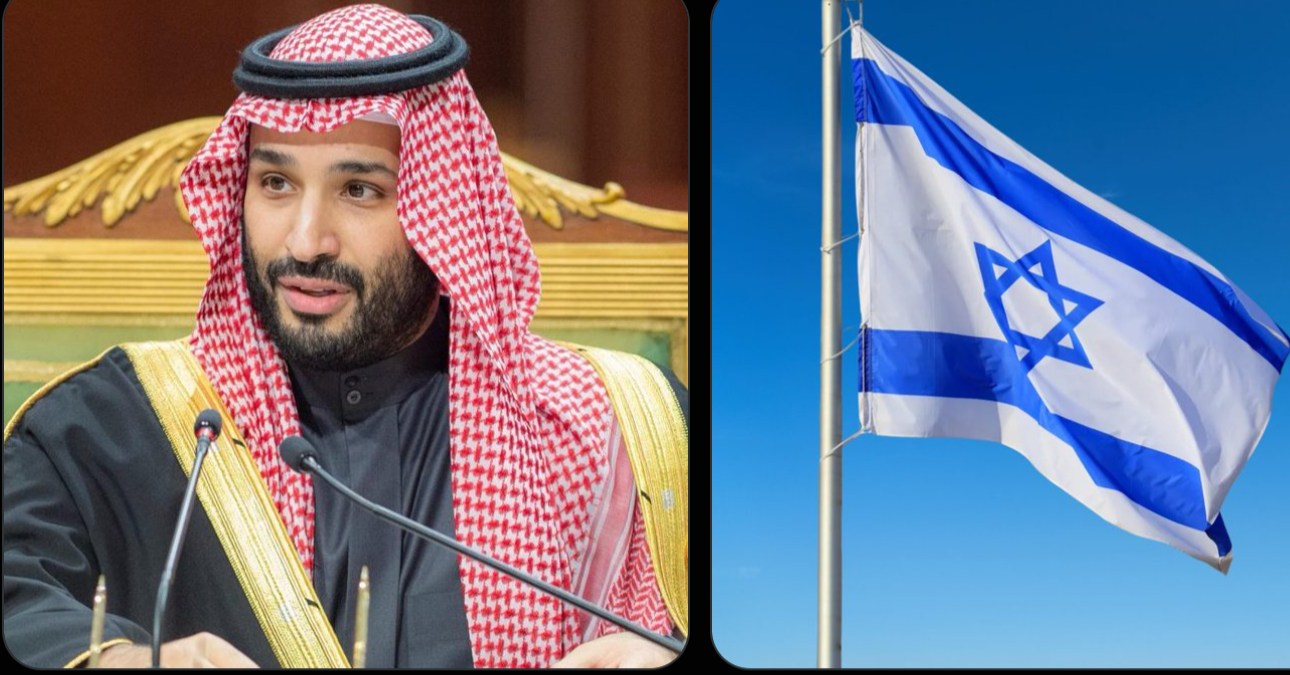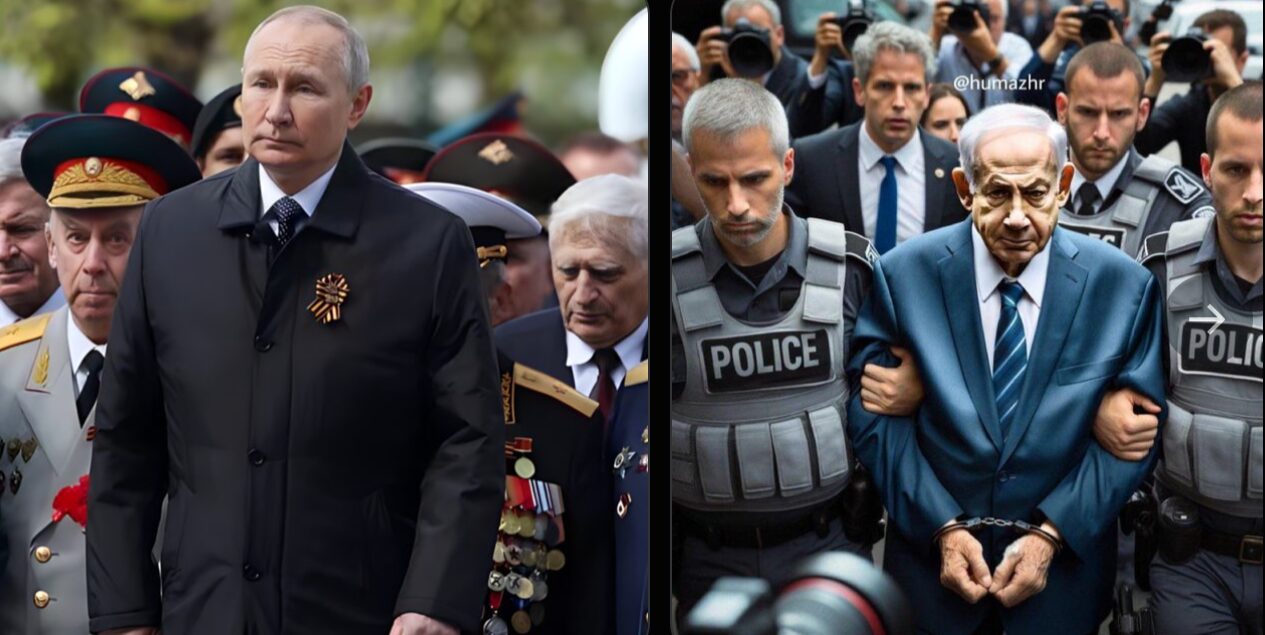REPORT: NETANYAHU has NOT received an invitation to Trump’s inauguration
In a surprising twist in international diplomatic relations, reports have surfaced indicating that Israeli Prime Minister Benjamin Netanyahu has not received an invitation to the upcoming inauguration of former President Donald Trump, set to take place in 2025. This revelation has sparked widespread speculation and raised questions about the evolving dynamics between the two prominent political leaders and their respective countries. While Netanyahu and Trump shared a notably strong alliance during the latter’s presidency, the absence of an official invitation has left many wondering about the current state of the relationship between Israel and the United States under Trump’s anticipated return to power.
The Strong Alliance Between Netanyahu and Trump
During Trump’s first term as president, his administration forged a particularly close relationship with Israeli leadership, spearheaded by Netanyahu. The partnership between the two leaders was marked by significant diplomatic milestones, including the relocation of the U.S. embassy to Jerusalem, a move that was widely seen as a powerful gesture of support for Israel and its claims over the city. Additionally, Trump’s “Peace to Prosperity” plan, a controversial proposal for resolving the Israeli-Palestinian conflict, was another area where the two leaders worked hand-in-hand to shape policies favorable to Israel.
Netanyahu often praised Trump for his unwavering support, and the bond between the two was seen as one of the strongest U.S.-Israel relationships in recent history. The two also shared common views on several key issues, such as opposition to Iran’s nuclear program and a hardline stance against Palestinian demands for statehood without the conditions that Israel had set.
However, the dynamics of the Netanyahu-Trump relationship have changed over time, and the absence of an invitation to Trump’s second inauguration could indicate a shift in this once-close alliance.
The Absence of the Invitation: What It Could Mean
The fact that Netanyahu has not been invited to Trump’s inauguration is raising eyebrows, especially given the history of their close cooperation. There are several possible explanations for this apparent diplomatic slight, and much of the speculation revolves around internal Israeli politics and the shifting landscape of U.S.-Israel relations.
One possibility is that the timing of Netanyahu’s potential invitation may be influenced by his ongoing political challenges in Israel. Netanyahu has faced significant domestic unrest, including protests and legal battles surrounding corruption charges. These issues could be affecting his ability to maintain strong personal relationships with international leaders, including Trump. Additionally, Israel’s political situation has become increasingly fragmented, and Netanyahu’s position may not be as solid as it once was.
Another consideration is the broader geopolitical landscape. While Netanyahu was a staunch ally of Trump, the world has changed since Trump left office in 2021. Under the administration of Joe Biden, U.S.-Israel relations have taken a somewhat different direction, with the Biden administration emphasizing a return to multilateralism and a more measured approach to Middle Eastern diplomacy. Netanyahu may also be adjusting his diplomatic strategy in line with these broader shifts, which could explain a potential cooling in his relationship with Trump, despite their shared history.
The Role of Other World Leaders
In the context of Trump’s upcoming inauguration, the absence of Netanyahu from the guest list has also brought attention to the role of other world leaders who are expected to attend or receive invitations. It is likely that Trump’s inauguration will feature key allies from his first term, as well as leaders from countries that are aligned with his foreign policy priorities. However, there has been no official confirmation as to which leaders will be present, and speculation is growing over whether Netanyahu’s absence is part of a broader trend of shifting alliances or simply a logistical oversight.
In particular, Israel’s relationship with other global powers, such as Russia and the European Union, could play a role in shaping Netanyahu’s future diplomatic engagements. If Netanyahu is recalibrating Israel’s global positioning in light of new alliances and geopolitical realities, the absence of an invitation to Trump’s inauguration could be seen as a reflection of this larger shift.
Netanyahu’s Relationship with Biden and Other Key Leaders
While Netanyahu’s ties to Trump were often defined by shared policy priorities and mutual admiration, his relationship with U.S. President Joe Biden has been more complicated. Netanyahu’s hawkish policies on settlements and his tough stance toward Iran have often put him at odds with the Biden administration, which has sought to revive the Iran nuclear deal and pursue a more balanced approach to the Israeli-Palestinian conflict.
Netanyahu’s administration has also faced criticism for its handling of Israeli-Palestinian relations, and tensions have risen over issues such as the expansion of settlements in the West Bank. In contrast, Biden has emphasized the importance of a two-state solution and has advocated for diplomatic engagement with Palestinian leaders, marking a divergence in approach compared to Netanyahu’s more right-wing policies.
Despite these differences, Netanyahu has worked to maintain a strong relationship with Biden, especially in light of shared security concerns regarding Iran and the broader Middle East. Biden’s continued support for Israel’s security has ensured that U.S.-Israel relations remain stable, even if there are policy disagreements between the two leaders.
The Changing Dynamics in Israel’s Political Landscape
Another factor contributing to Netanyahu’s absence from Trump’s inauguration could be the internal political landscape within Israel. Netanyahu has been facing considerable challenges within his own country, including political instability and internal divisions over his legal troubles. His government has faced significant protests from Israeli citizens who oppose his controversial judicial reforms and his ongoing corruption trial. These domestic issues have cast a shadow over his leadership and may have impacted his ability to maintain strong international relationships.
In addition, Netanyahu’s grip on power has been weakened by his coalition government’s instability. The shifting political landscape in Israel may be influencing Netanyahu’s diplomatic strategy, as he seeks to balance his relationships with various global powers while addressing domestic political concerns. The lack of an invitation to Trump’s inauguration could be a reflection of these shifting dynamics, as Netanyahu navigates the complex intersection of international diplomacy and domestic politics.
What Does This Mean for U.S.-Israel Relations?
Despite the absence of an invitation to Trump’s inauguration, it is unlikely that Netanyahu’s relationship with the United States will deteriorate significantly. Israel’s security and its strategic importance to U.S. foreign policy remain key priorities for both political parties in the U.S., and any changes in leadership or diplomatic priorities will not easily unravel the longstanding partnership between the two nations.
However, the lack of a formal invitation could signal a shift in the way Netanyahu and Trump view each other, particularly in light of Netanyahu’s ongoing political struggles and the broader shifts in the Middle East and beyond. As Netanyahu continues to navigate both domestic and international challenges, it will be important to monitor how Israel’s relationships with major global powers, including the United States, evolve over time.
In Conclusion
The news that Israeli Prime Minister Benjamin Netanyahu has not received an invitation to Donald Trump’s 2025 inauguration has raised eyebrows and fueled speculation about the future of U.S.-Israel relations. While the reasons behind the omission remain unclear, it highlights the complex and evolving nature of international diplomacy. As Netanyahu faces significant domestic challenges and navigates the shifting geopolitical landscape, his relationship with both Trump and Biden will likely continue to evolve. Regardless of the specifics of this situation, it is clear that the U.S.-Israel alliance remains a cornerstone of both countries’ foreign policies, with leaders on both sides working to maintain a strong partnership in the years to come.

















Post Comment